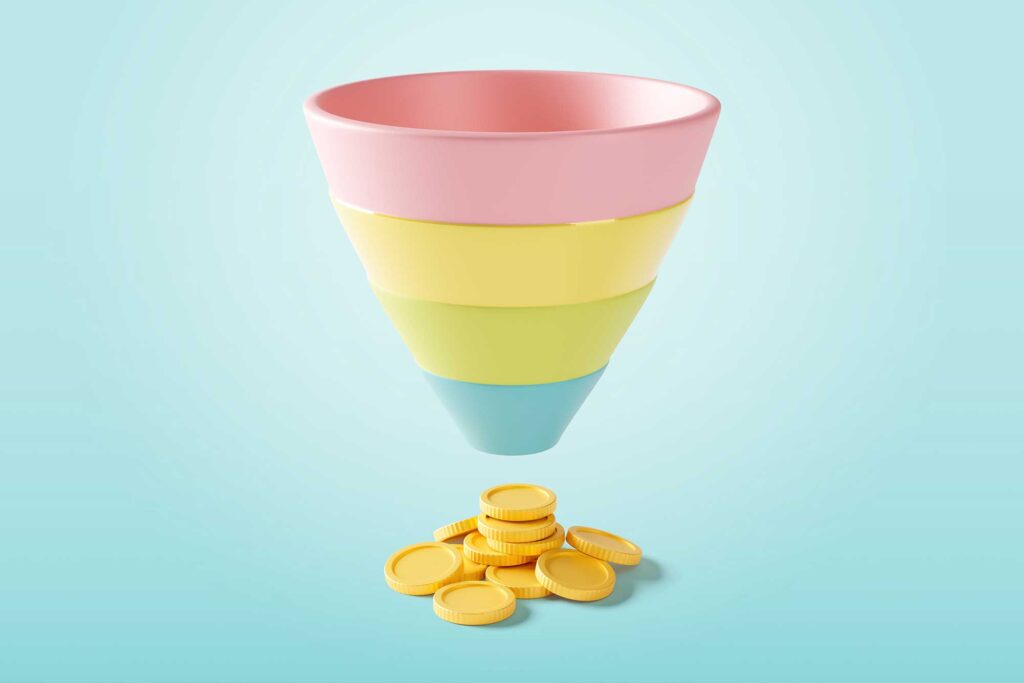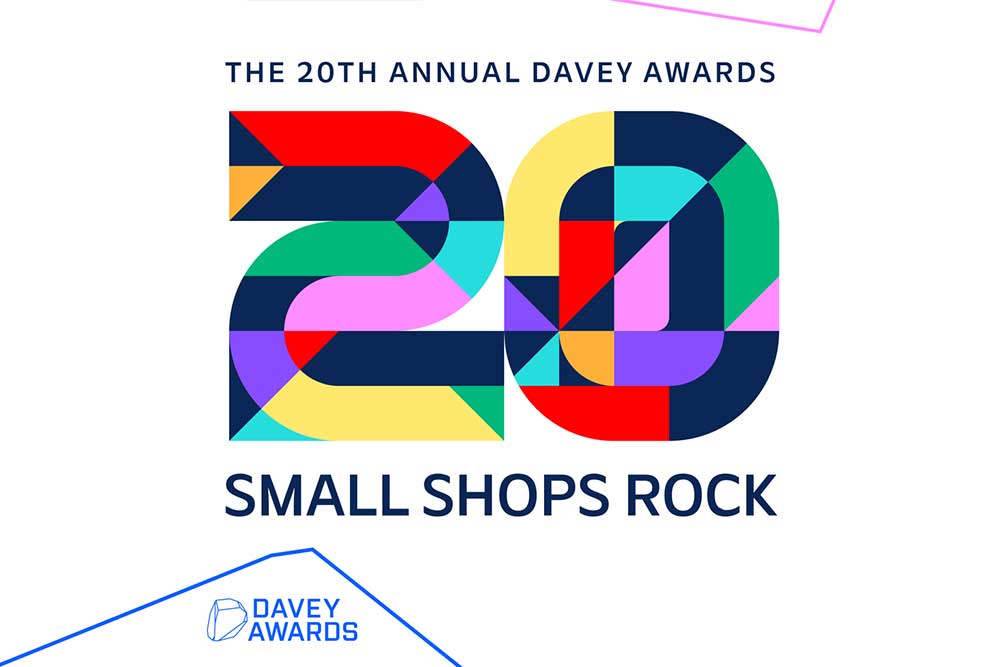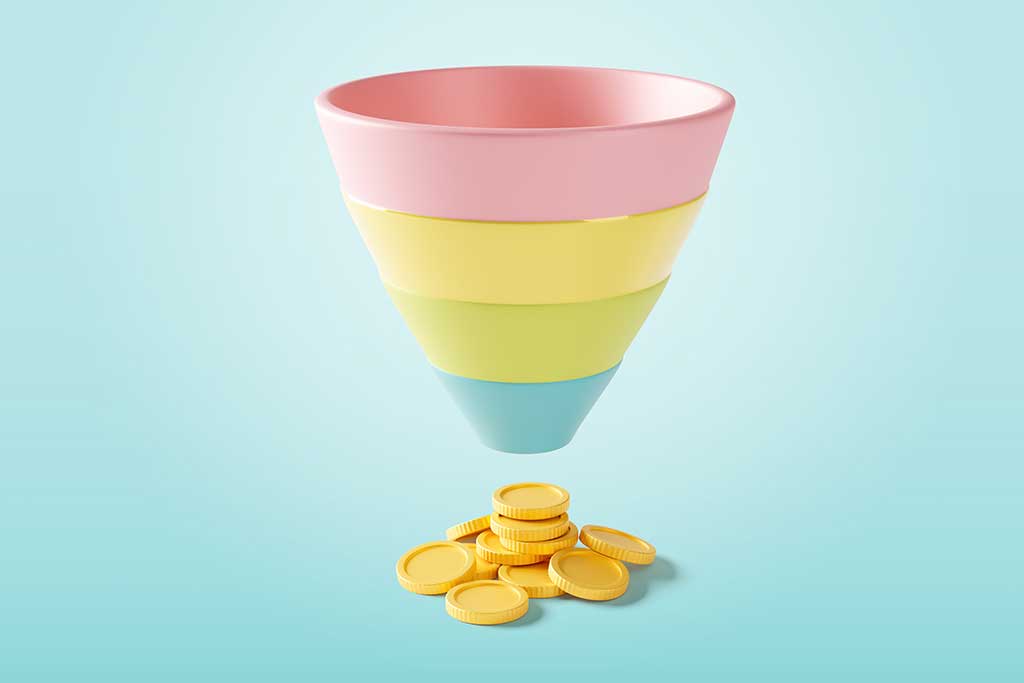
Understanding the concept of the marketing funnel is essential for crafting effective strategies that guide potential customers through their buying journey. The marketing funnel, often depicted as a visual representation of the customer’s progression from awareness to purchase, provides valuable insights into consumer behavior and helps marketers tailor their efforts to meet the needs of their target audience at each stage. Let’s delve into the intricacies of the marketing funnel and how it can be leveraged to drive success.
What is the Marketing Funnel?
The marketing funnel is a conceptual framework that illustrates the stages a potential customer goes through before making a purchase decision. It typically consists of four main stages:
- Awareness: At the top of the funnel, potential customers become aware of your brand, product, or service. This stage is all about capturing attention and generating interest through various marketing channels such as social media, content marketing, advertising, and search engine optimization (SEO).
- Interest: In the interest stage, potential customers are actively researching and considering their options. They are seeking more information about your offerings and evaluating how they align with their needs and preferences. Content such as blog posts, videos, case studies, and white papers can help nurture their interest and address their questions or concerns.
- Desire: As potential customers move further down the funnel, they develop a desire or intent to purchase. They have identified your product or service as a potential solution to their problem and are evaluating it against alternatives. This is the stage where features, benefits, testimonials, and pricing information can help sway their decision in your favor.
- Action: The bottom of the funnel is where the conversion happens. Potential customers take action by making a purchase, signing up for a trial, or requesting more information. It’s crucial to make the conversion process as smooth and seamless as possible, removing any obstacles or friction points that could deter prospects from completing the desired action.
Strategies for Each Funnel Stage
Understanding the different stages of the marketing funnel allows marketers to tailor their strategies and tactics to meet the specific needs and expectations of potential customers at each stage:
- Top of the Funnel (TOFU): Focus on building brand awareness and capturing the attention of your target audience through engaging content, social media presence, influencer partnerships, and targeted advertising campaigns.
- Middle of the Funnel (MOFU): Nurture leads and drive engagement by providing valuable information, addressing common pain points, and showcasing the unique value proposition of your offerings. Use email marketing, lead magnets, webinars, and personalized content to maintain momentum and guide prospects towards a purchasing decision.
- Bottom of the Funnel (BOFU): Encourage action and conversion by providing compelling offers, clear calls-to-action, and seamless purchase experiences. Leverage retargeting ads, special promotions, customer testimonials, and satisfaction guarantees to incentivize prospects to take the final step and become paying customers.
The Importance of Measurement and Optimization
Continuous measurement and optimization are key to maximizing the effectiveness of your marketing funnel. By tracking key performance indicators (KPIs) such as traffic, engagement, conversion rates, and customer acquisition costs at each funnel stage, you can identify areas for improvement and refine your strategies accordingly. Experiment with different messaging, channels, and tactics, and use A/B testing to determine what resonates best with your audience and drives the highest return on investment (ROI).
In Conclusion
The marketing funnel serves as a valuable framework for understanding the customer journey and guiding prospects through the buying process. By strategically aligning your marketing efforts with the stages of the funnel and focusing on delivering value and addressing customer needs at each stage, you can nurture leads, drive conversions, and ultimately, achieve your business goals. Embrace the flexibility of the marketing funnel concept and continuously adapt your strategies to meet the evolving needs and expectations of your target audience.


